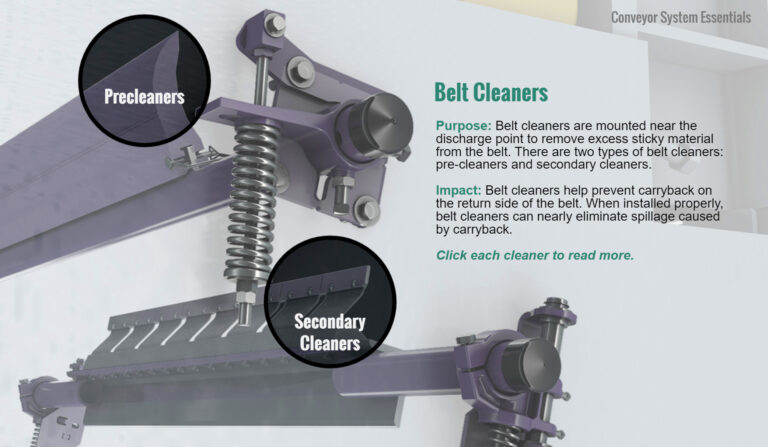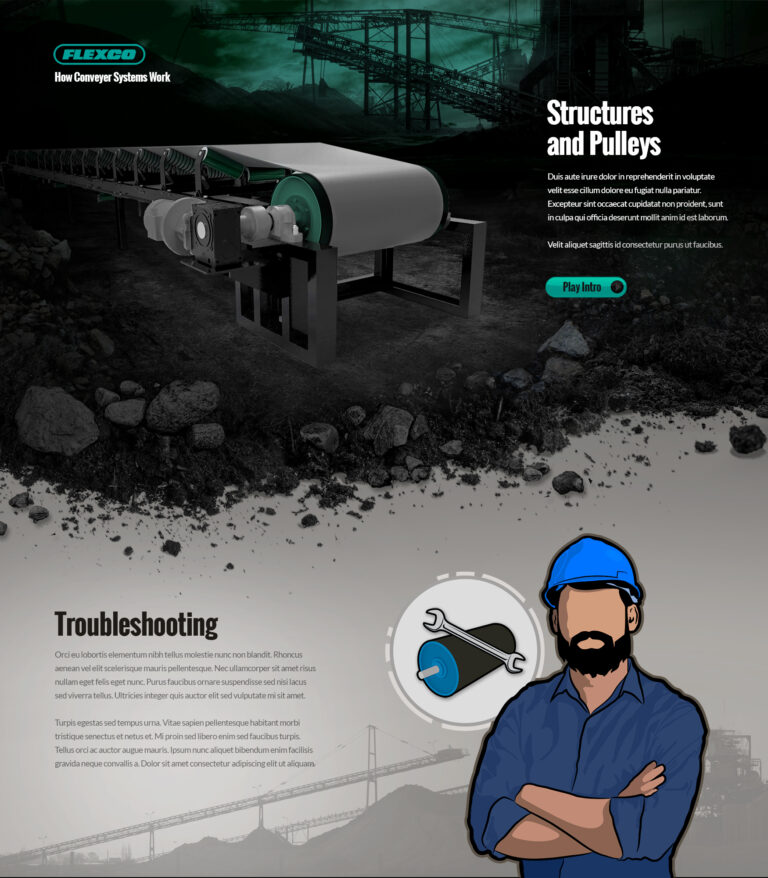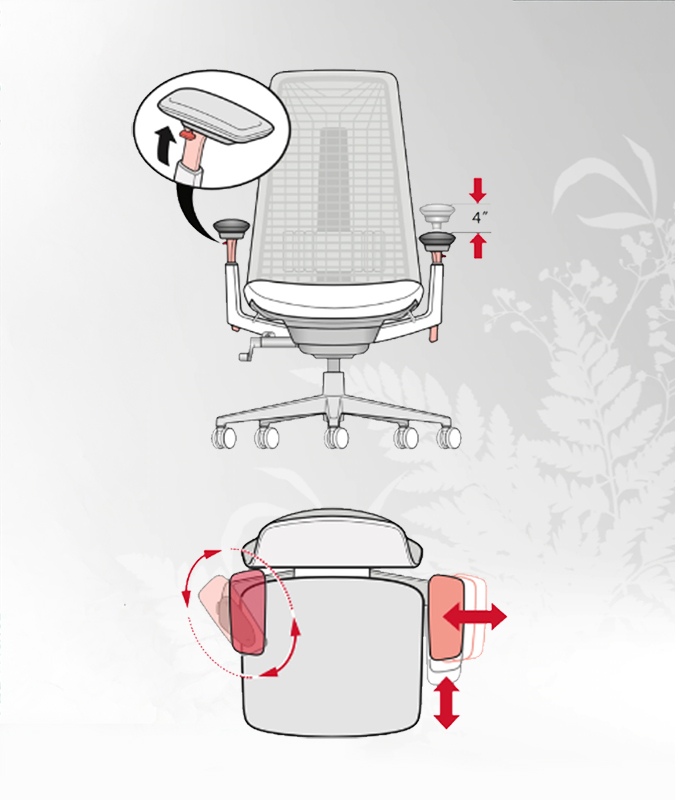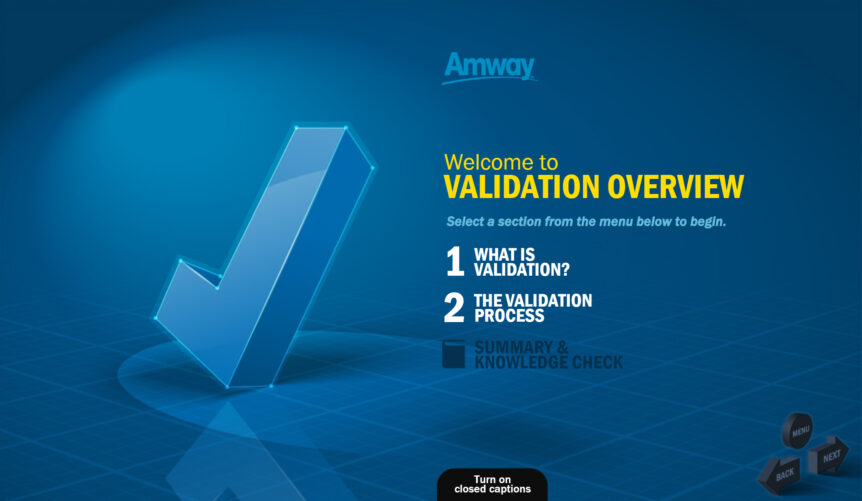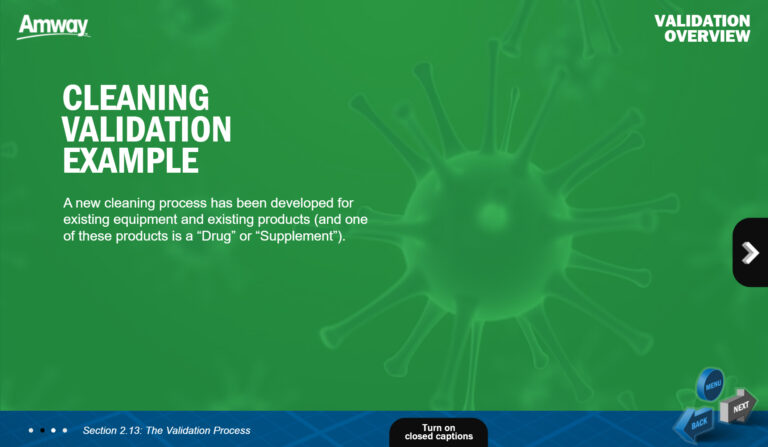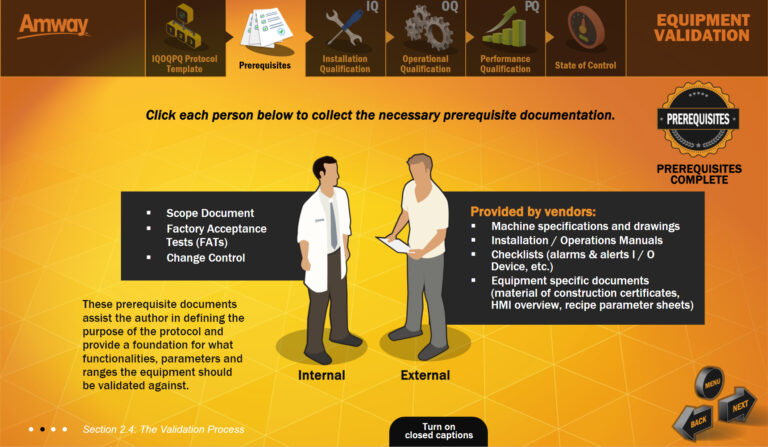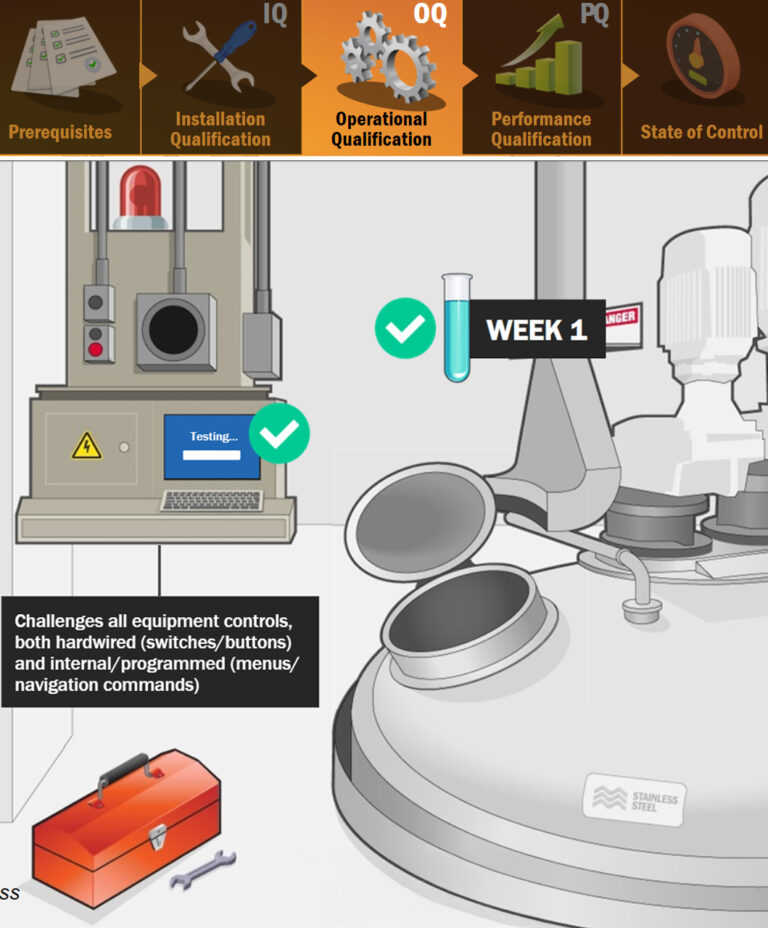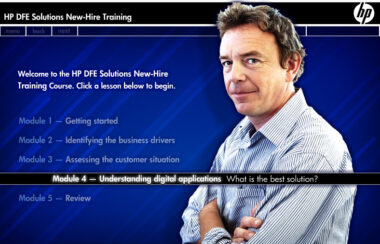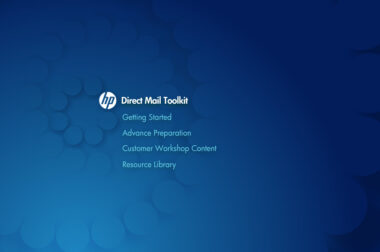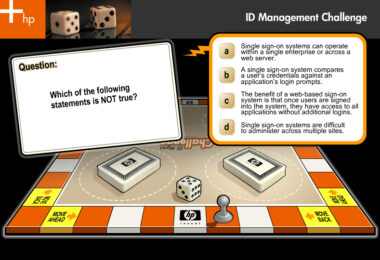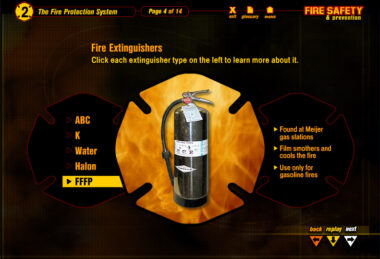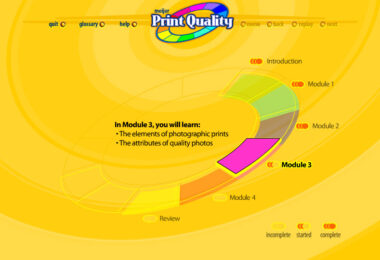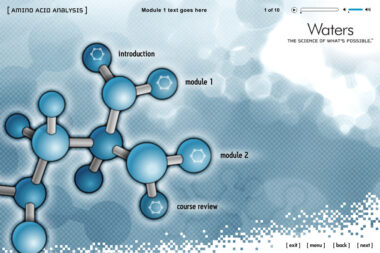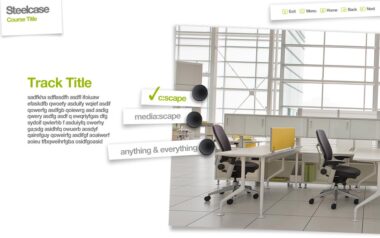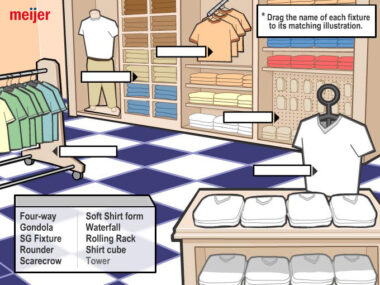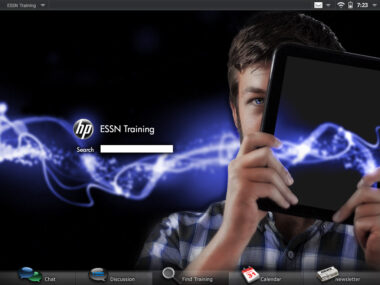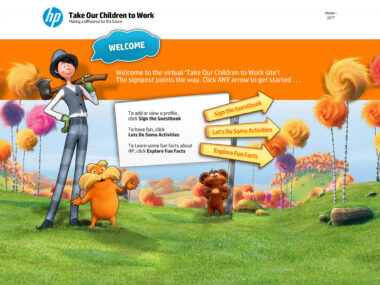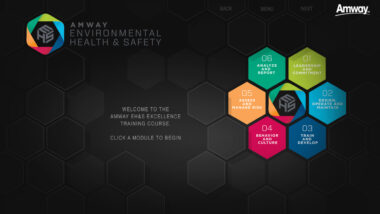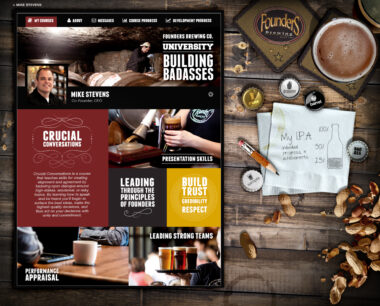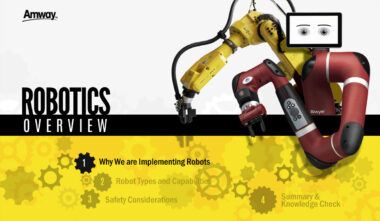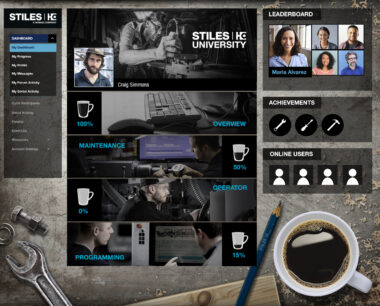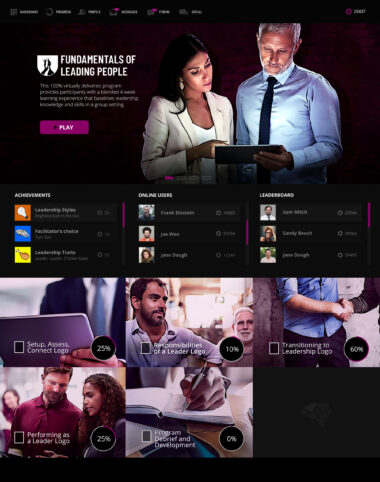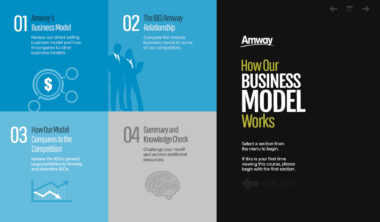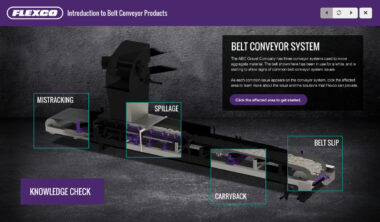
eLearning Design & Development
Flexco
Conveyor System Essentials
![]()
Flexco faced a challenge: teams needed fast, effective training on complex conveyor systems to reduce downtime. I designed and developed Flexco Essentials™, a six-part eLearning program that translates intricate mechanics into clear, actionable knowledge. Using animated problem/solution scenarios, interactive examples of inner working parts, and engaging checkpoints, the course demonstrates real-world applications and reinforces learning. Learners can diagnose issues, optimize performance, and apply skills immediately, with assessments measuring comprehension and accountability. By focusing on the learner’s needs and translating technical content into a clean, structured flow, the course supports faster onboarding, improved expertise, and measurable operational improvements for Flexco’s B2B customers.
Haworth
Fern Office Chair Collection
![]()
Haworth needed a way to efficiently train sales reps on the Fern Office Chair Collection, including features, components, applications, and target customers. I developed an interactive online training program that blends high-quality product photography, animated demonstrations of chair components, and timed audio narration to convey key information. Using interactive quizzes and scenario-based exercises, learners explore real-world sales situations, test their knowledge, and apply insights immediately. This engaging, visually-driven approach ensures comprehension and retention, helping sales teams confidently articulate product value, match solutions to client needs, and drive measurable improvements in sales performance.
Amway
Process Validation
![]()
Amway faced the challenge of making the complex concept of validation accessible to employees across multiple roles. To address this, I developed the Amway Validation Training Curriculum, a series of eLearning courses that break validation into clear, manageable topics. Each module uses illustrated visuals, animated process demonstrations, and interactive simulations to clearly depict the steps of validation and explain why each is critical. By visually illustrating the process in an understandable way, the curriculum deepens comprehension, builds confidence, and equips employees to apply validation principles effectively in their work.
More eLearning Examples
2024 Demo Reel
2015 Demo Reel





